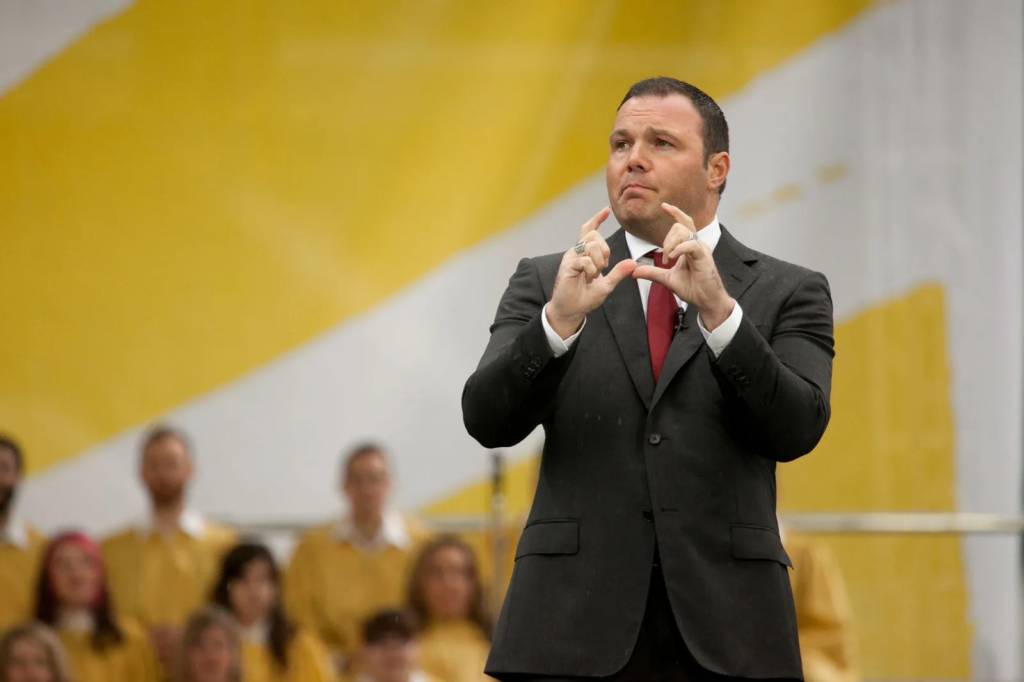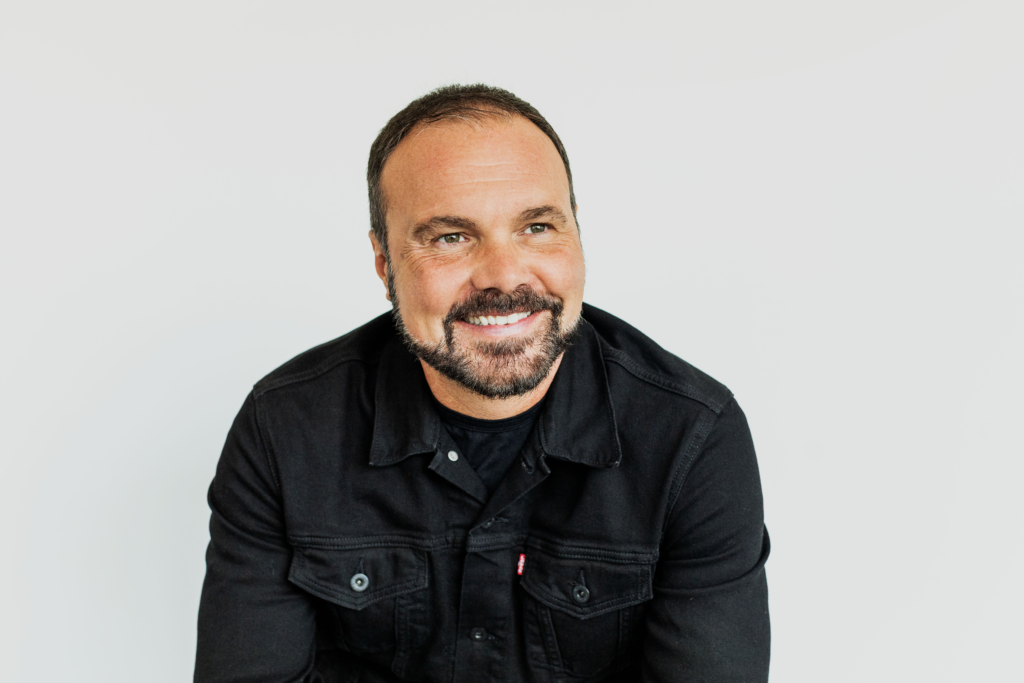Mark Driscoll, born on October 11, 1970, in Grand Forks, North Dakota, is a prominent yet polarizing figure in the evangelical Christian community. Known for his bold preaching style, strong opinions, and innovative approaches to ministry, Driscoll has had a significant impact on modern evangelicalism. However, his career has also been marked by controversies and challenges that have shaped his journey and legacy.
Early Life and Education
Mark Driscoll grew up in the Riverton Heights area of SeaTac, Washington, in a Catholic family. He often described his upbringing as challenging, with a family history of abuse and crime. Despite these difficulties, Driscoll excelled academically and athletically, showcasing his determination and resilience from a young age. He earned a Bachelor of Arts degree in Communications from Washington State University, where he also met his future wife, Grace. Later, he pursued theological studies, earning a Master of Arts in Exegetical Theology from Western Seminary.
Driscoll’s early experiences and education played a crucial role in shaping his approach to ministry. His communication skills, combined with his theological training, allowed him to connect with a wide audience and address complex issues in an accessible manner.
Founding Mars Hill Church

In 1996, Mark Driscoll co-founded Mars Hill Church in Seattle, Washington, alongside Mike Gunn and Lief Moi. The church began as a small Bible study group but quickly grew into one of the largest and most influential megachurches in the United States. Known for its “vintage” aesthetics and aggressive preaching style, Mars Hill attracted a predominantly young, urban congregation. Driscoll’s sermons often addressed contemporary issues, blending humor, cultural references, and theological insights.
Under Driscoll’s leadership, Mars Hill expanded to multiple campuses across five states, with a membership of over 14,000 at its peak. The church’s rapid growth was fueled by Driscoll’s charismatic leadership and innovative use of technology, including online sermons and social media. He also co-founded the Acts 29 Network, a global church-planting organization, and The Resurgence, a theological cooperative. These initiatives further solidified his influence within the evangelical community.
Controversies and Resignation
Despite its success, Mars Hill Church was not without controversy. Driscoll’s teachings on gender roles, leadership style, and alleged instances of plagiarism drew criticism from both within and outside the church. Accusations of creating a culture of fear and abuse among staff and congregants led to formal complaints and public scrutiny. Critics argued that Driscoll’s confrontational approach and authoritarian leadership style were at odds with the principles of humility and servant leadership.
In 2014, the Acts 29 Network removed Mark Driscoll and Mars Hill from its membership, urging him to step down from ministry. Later that year, Driscoll resigned from Mars Hill Church, citing the need for healing and reflection. Within months of his resignation, Mars Hill Church dissolved, with its campuses either closing or becoming independent congregations. The collapse of Mars Hill marked a turning point in Driscoll’s career and raised questions about the sustainability of megachurch models.
The Trinity Church and RealFaith Ministries

After a period of reflection and relative obscurity, Mark Driscoll returned to pastoral ministry in 2016 by founding The Trinity Church in Scottsdale, Arizona. The church has grown steadily, attracting a diverse congregation and providing Driscoll with an opportunity to rebuild his reputation. He has emphasized themes of repentance, spiritual growth, and family values in his sermons, seeking to address some of the criticisms that plagued his earlier ministry.
In addition to his work at The Trinity Church, Mark Driscoll launched RealFaith Ministries, a platform for sharing Bible-centered resources, sermons, and books. Through RealFaith, he continues to reach a global audience, leveraging his communication skills and theological insights to engage with believers and seekers alike.
Writing and Public Speaking
Mark Driscoll is a prolific author, having written over 30 books on topics ranging from theology to relationships. Some of his notable works include A Call to Resurgence and Real Marriage, co-authored with his wife, Grace Driscoll. His writings often reflect his conservative evangelical views and his commitment to biblical teaching. While his books have been well-received by some, they have also sparked debates and controversies, particularly regarding his views on gender roles and marriage.
As a public speaker, Driscoll is known for his unapologetic and direct approach. He frequently addresses controversial topics, challenging cultural norms and encouraging Christians to live out their faith authentically. While his style resonates with many, it has also drawn criticism for being confrontational and divisive. Driscoll’s ability to provoke thought and spark dialogue has made him a compelling, albeit polarizing, figure in the evangelical world.
Legacy and Impact

Mark Driscoll’s career is a study in contrasts. On one hand, he has been a trailblazer in modern evangelicalism, using innovative methods to engage a new generation of believers. His ability to connect with young, urban audiences and address contemporary issues has left a lasting impact on the church. On the other hand, his leadership style and controversies have sparked debates about accountability, humility, and the role of pastors in megachurches.
Despite the challenges and criticisms, Mark Driscoll remains a prominent voice in the evangelical community. His ability to adapt and continue his ministry through platforms like RealFaith demonstrates his resilience and commitment to his calling. Whether admired or criticized, Driscoll’s influence on contemporary Christianity is undeniable.
As he continues his work at The Trinity Church and RealFaith Ministries, Driscoll’s journey serves as a reminder of the complexities and challenges of leadership in the modern church. His story highlights the importance of accountability, humility, and the need for ongoing reflection and growth in ministry.
Also Read: Pastor Robert Morris Breaks Silence on Rumors and Shakes Up the Church World






